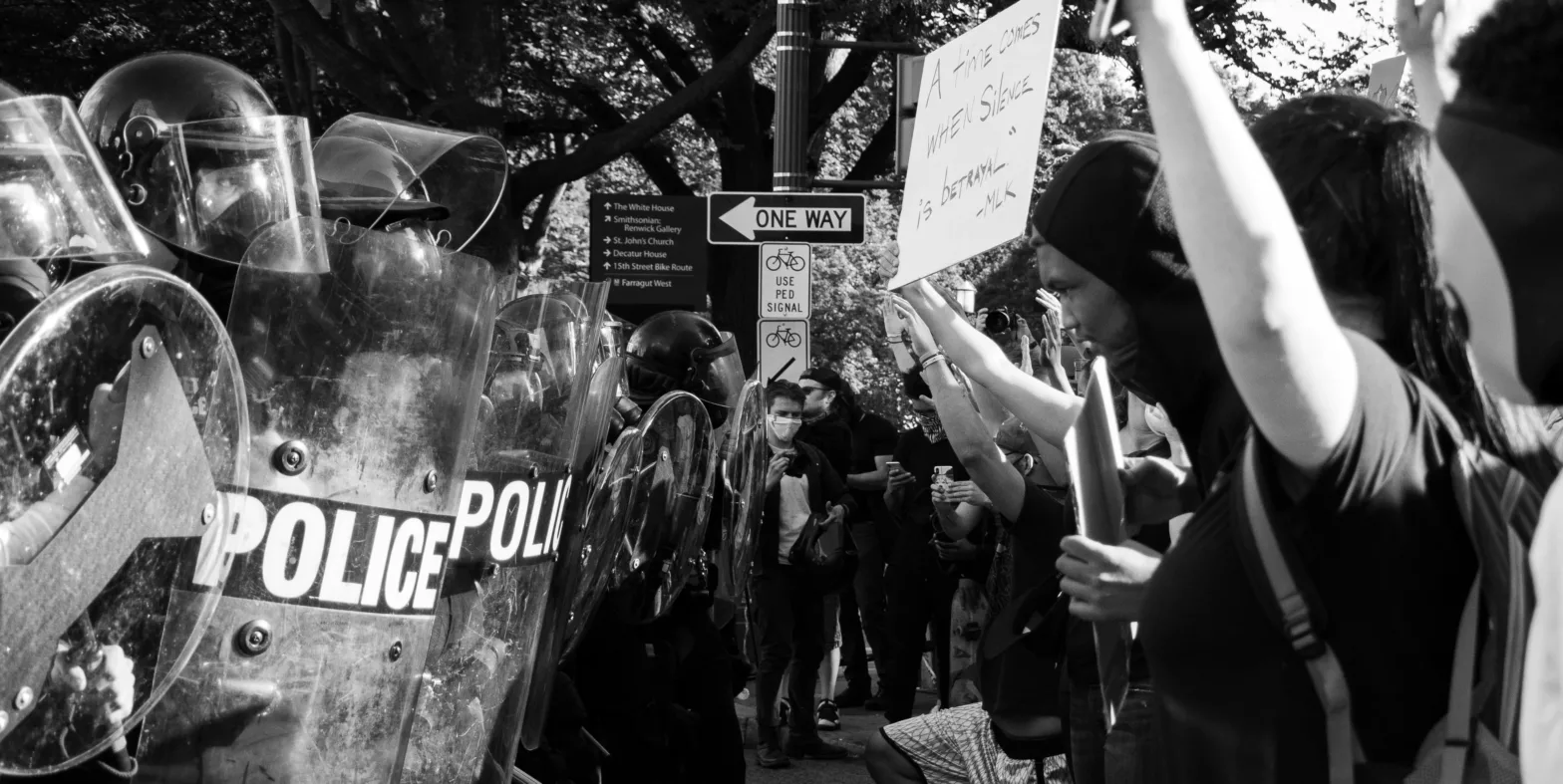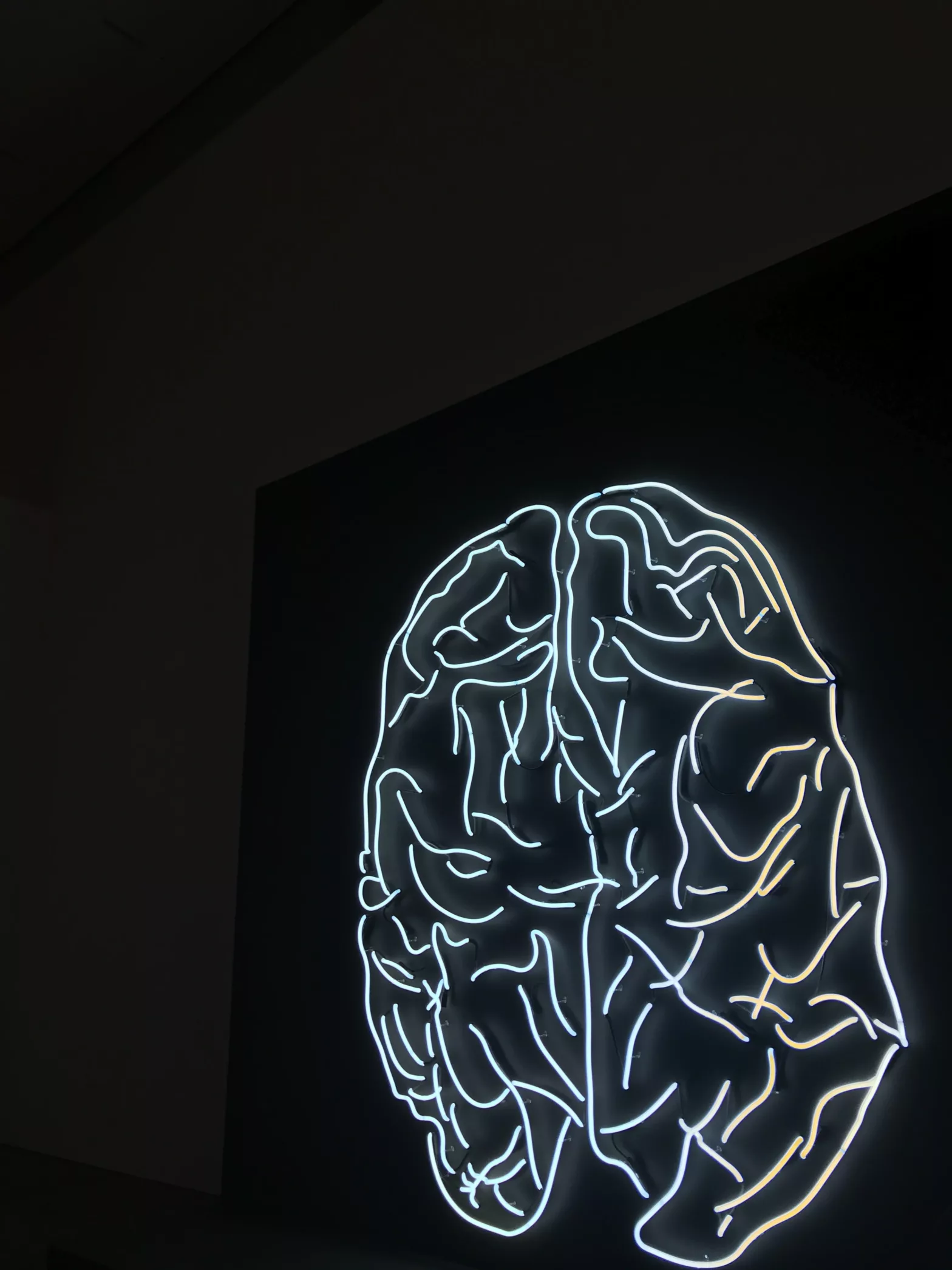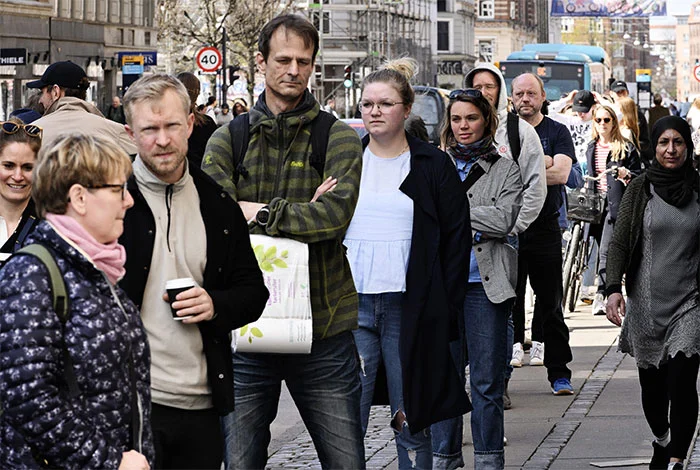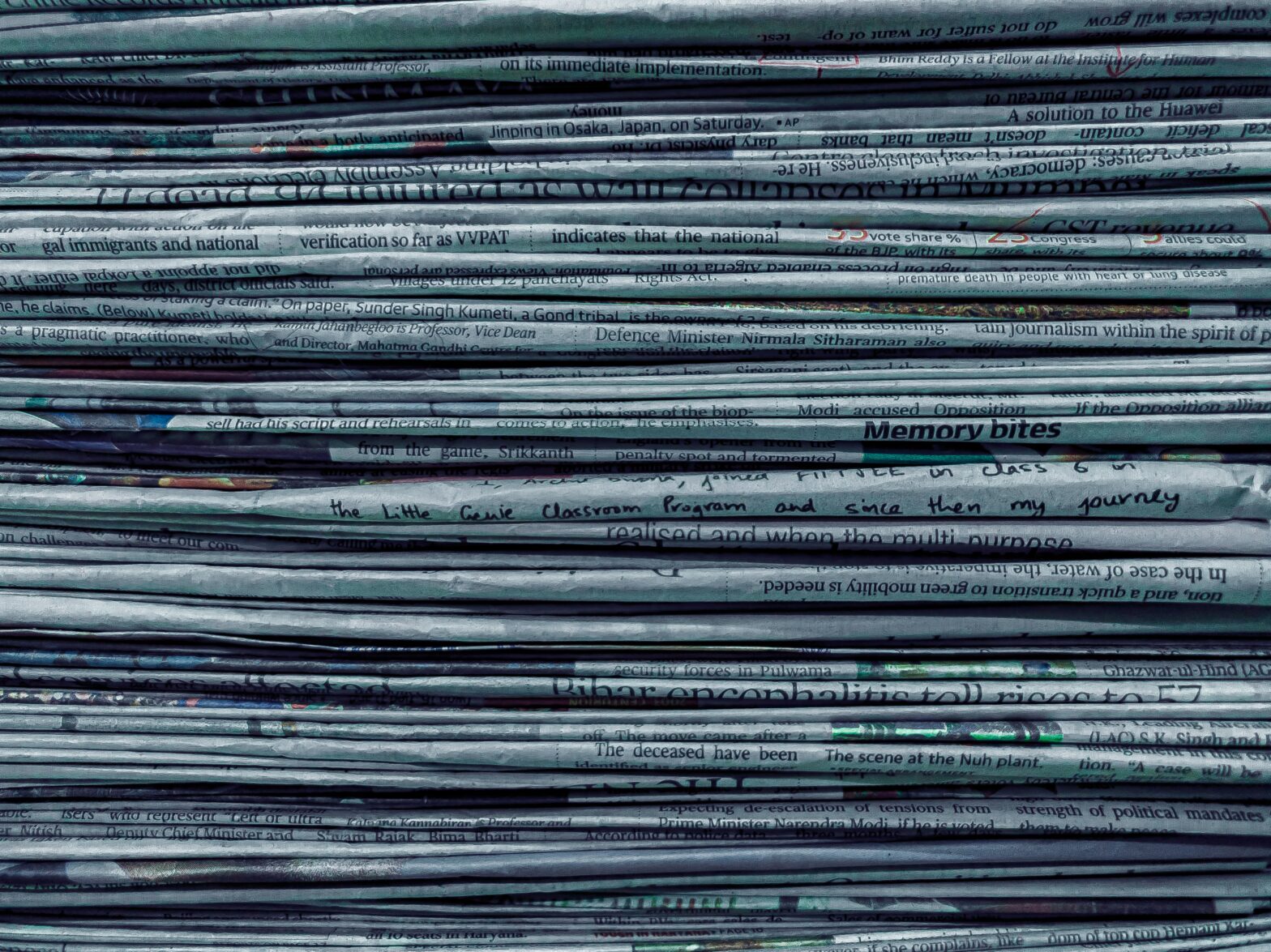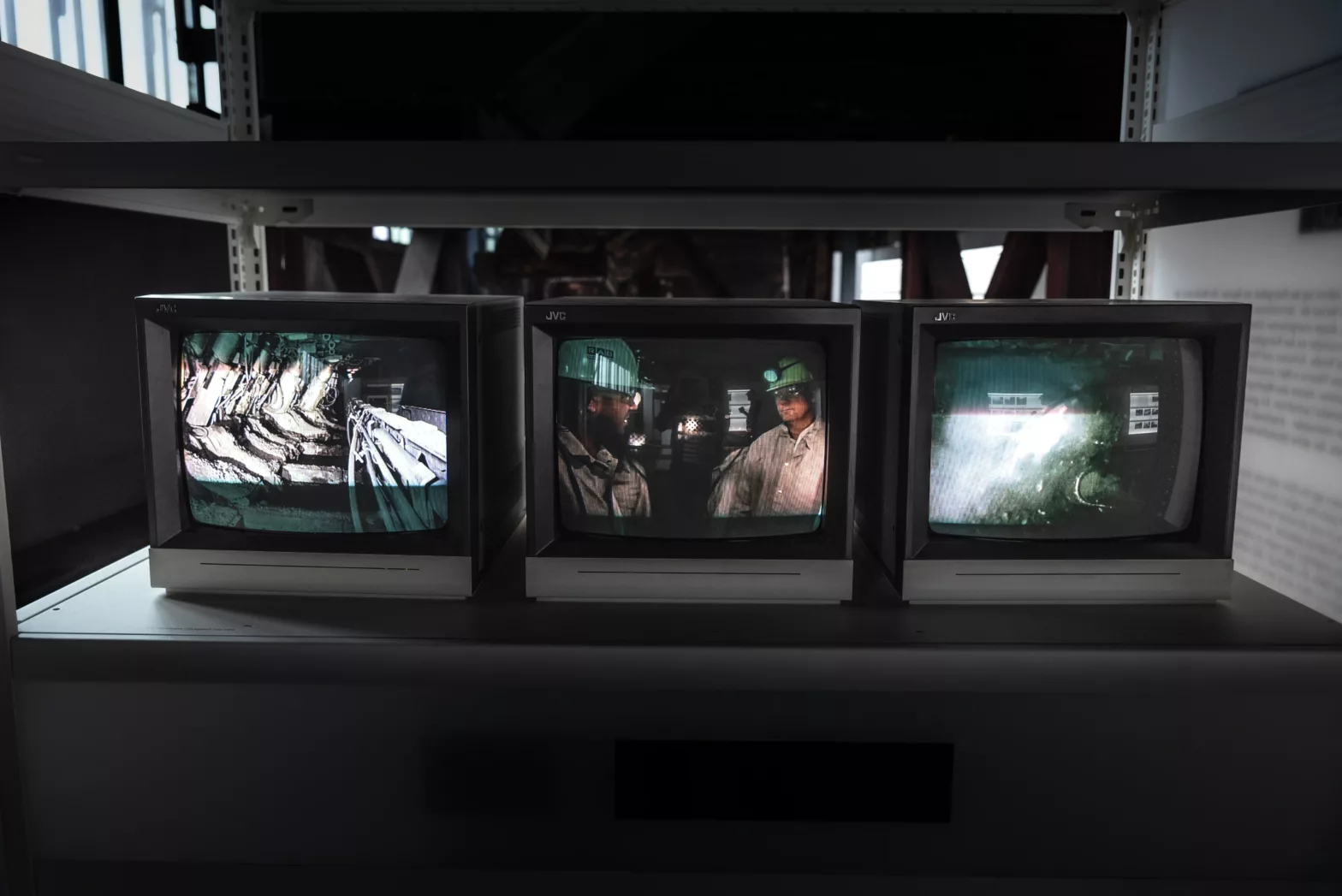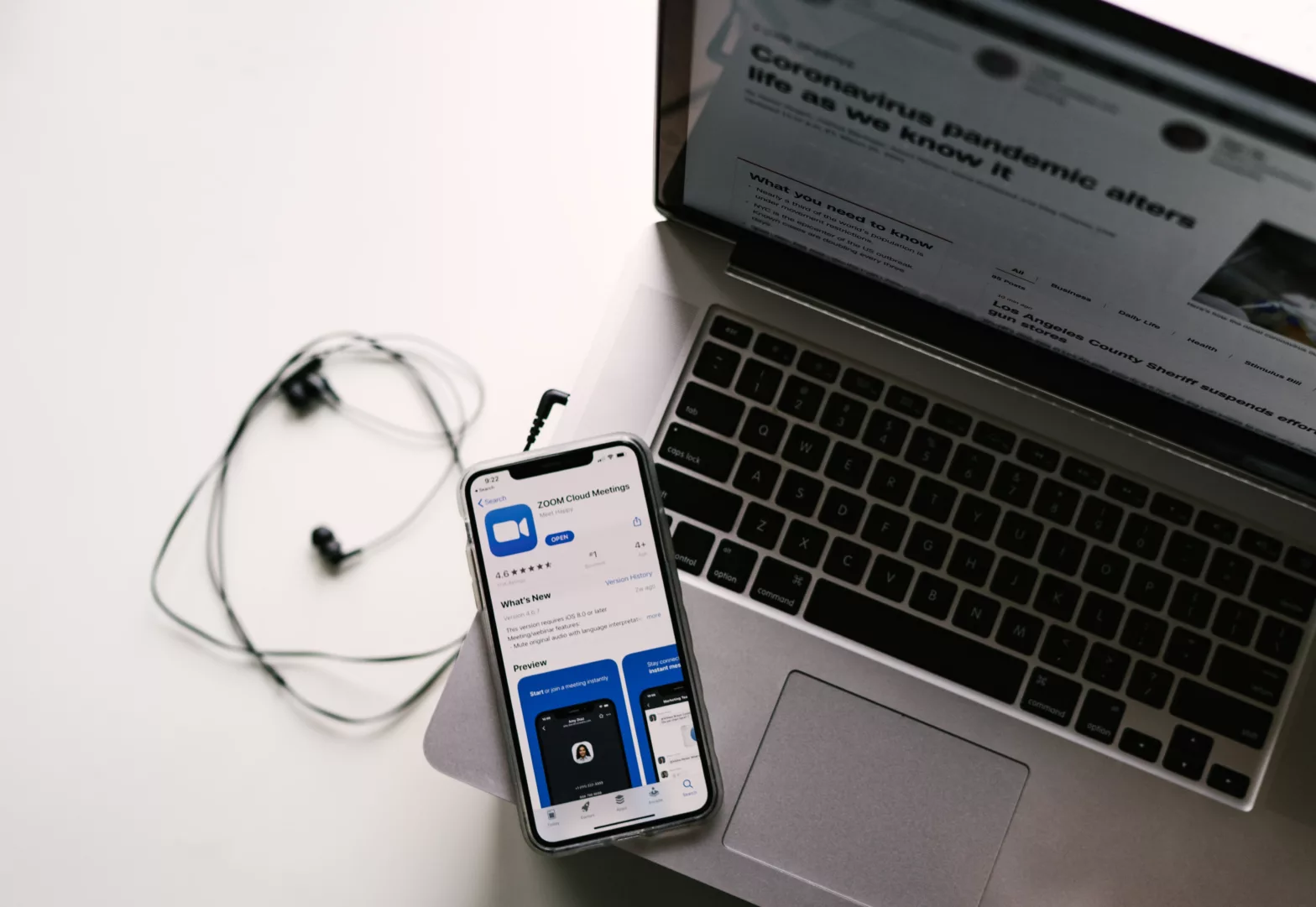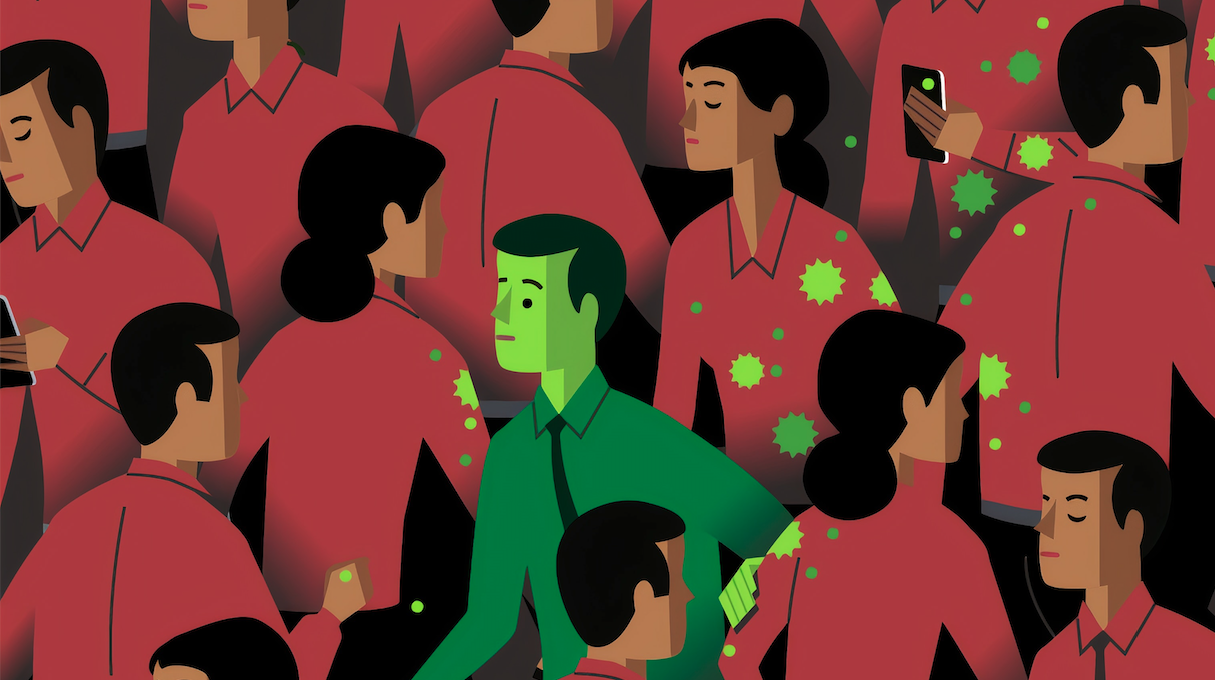Since the killing of George Floyd on May 25 by police in Minneapolis, the country has erupted in waves of protest and police action. News coverage has followed every step, but where you get your news likely has an impact on how you interpret events. Even the subtlest of word choices by journalists can be the difference between a protest and a riot, tear gas and smoke canisters, and a murder or a death. The media holds a lot of responsibility for which direction the conversation proceeds moving forward, as their words have an outsized influence on public opinion.
Continue reading “Protest or Riot: How Headlines Skew Perspectives”“I Think, Therefore I Am Informed” by Joanna Liu: Media Literacy Scholarship Honorable Mention
The Factual’s media literacy scholarship was open worldwide between March-May 2020. Over 100 entries were received in the high school category. The essay prompt was: ““In the digital age, access to information has broken down countless barriers. However, it has also provided the platform for disinformation to spread, leaving it up to the audience to determine what to believe. What does it mean to you to be ‘informed’?” Joanna Liu’s essay was awarded honorable mention in the high school category.
Information is fluid. It bends to the will of the reader and the writer, either swaying subconsciously or undulating intentionally. In the back of our minds, a faint voice murmurs, “Twist these words; this is what I want to hear.” The writer crafting his next article ponders, “Did I overstep my boundaries? Wait, it doesn’t matter – as long as my content is eye-catching!” Becoming informed is not simply a black-and-white situation. With the internet sculpting our rose-tinted glasses, the way we process knowledge has become increasingly superficial as we face an influx of information.
“2020 Perspectives” by Susane Toebes: Media Literacy Scholarship Recipient
The Factual’s media literacy scholarship was open worldwide between March-May 2020. Over 100 entries were received in the high school category. The essay prompt was: ““In the digital age, access to information has broken down countless barriers. However, it has also provided the platform for disinformation to spread, leaving it up to the audience to determine what to believe. What does it mean to you to be ‘informed’?” Susane Toebes was selected as the winner in the college category and awarded a $750 prize.
As a five-year-old, my Dad knew everything. He knew what made the sky blue, why camels spit, and even why my mom made that funny hissing sound every time somebody tracked mud onto her clean floors. When I got a bit older and Dad tried to convince me you’re not allowed to smile for your driver’s license photo, I grew to learn Dad doesn’t know everything, and that I can’t rely on other people to spread information accurately. In 2020, being “informed” means that I need to use my best critical thinking to analyze the information being presented, that I am susceptible to human influence, and that I need to challenge my own pre-existing biases.
Continue reading ““2020 Perspectives” by Susane Toebes: Media Literacy Scholarship Recipient”
“The Truth-Seeking Lifestyle” by Joseph Tillis: Media Literacy Scholarship Honorable Mention
The Factual’s media literacy scholarship was open worldwide between March-May 2020. Over 100 entries were received in the high school category. The essay prompt was: ““In the digital age, access to information has broken down countless barriers. However, it has also provided the platform for disinformation to spread, leaving it up to the audience to determine what to believe. What does it mean to you to be ‘informed’?” Joseph Tillis’ essay was awarded honorable mention in the high school category.
“I have said that propaganda, misinformation, and disinformation have always been part of political warfare. Social media and other new platforms have given it a new life and reach through which the fake news phenomenon can reach everywhere” (Bhutto Zaradi). This quote from Pakistani political leader Bilawal Bhutto Zardari insightfully portrays a critical dilemma of modern society. The same tools that sustain friendships and allow for an unprecedented spread of important information can be used to deceive mass numbers of people at a shocking rate. If so many news stories that people see on a daily basis are less than factual, how can people tell the difference between fake and real news? In an age of disinformation, distrust of mainstream media, and extraordinary interconnectedness, what habits do well-informed people utilize in order to understand the truth?
“Seeing Isn’t Believing” by Terri Chrestenson: Media Literacy Scholarship Honorable Mention
The Factual’s media literacy scholarship was open worldwide between March-May 2020. Over 100 entries were received in the high school category. The essay prompt was: ““In the digital age, access to information has broken down countless barriers. However, it has also provided the platform for disinformation to spread, leaving it up to the audience to determine what to believe. What does it mean to you to be ‘informed’?” Terri Chrestenson’s essay was awarded honorable mention in the college category.
“No, Grandma, Herbal Tea Will Not Cure Coronavirus” by Natalie Tsang: Media Literacy Scholarship Honorable Mention
The Factual’s media literacy scholarship was open worldwide between March-May 2020. Over 100 entries were received in the high school category. The essay prompt was: ““In the digital age, access to information has broken down countless barriers. However, it has also provided the platform for disinformation to spread, leaving it up to the audience to determine what to believe. What does it mean to you to be ‘informed’?” Natalie Tsang’s essay was awarded honorable mention in the college category.
“To Believe or Not to Believe? That is the Question” by Nicole Li: Media Literacy Scholarship Honorable Mention
The Factual’s media literacy scholarship was open worldwide between March-May 2020. Over 100 entries were received in the high school category. The essay prompt was: ““In the digital age, access to information has broken down countless barriers. However, it has also provided the platform for disinformation to spread, leaving it up to the audience to determine what to believe. What does it mean to you to be ‘informed’?” Nicole Li’s essay was awarded honorable mention in the college category.
“What It Means To Be Informed In A World Inundated With Information” by Ishan Shah: Media Literacy Scholarship Recipient
The Factual’s media literacy scholarship was open worldwide between March-May 2020. Over 100 entries were received in the high school category. The essay prompt was: ““In the digital age, access to information has broken down countless barriers. However, it has also provided the platform for disinformation to spread, leaving it up to the audience to determine what to believe. What does it mean to you to be ‘informed’?” Ishan Shah was selected as the winner in the high school category and was awarded a $750 prize.
“A Well-Informed Citizenry” by Dwayne Miller Jr.: Media Literacy Scholarship Honorable Mention
The Factual’s media literacy scholarship was open worldwide between March-May 2020. Over 100 entries were received in the high school category. The essay prompt was: ““In the digital age, access to information has broken down countless barriers. However, it has also provided the platform for disinformation to spread, leaving it up to the audience to determine what to believe. What does it mean to you to be ‘informed’?” Dwayne Miller Jr.’s essay was awarded honorable mention in the high school category.
In contemporary society, technology has broken down a myriad of barriers and made information easily accessible. However, the ease with which information has become accessible has created a platform for disinformation to spread rapidly. In an era where nearly any data point is at our fingertips, it’s increasingly difficult to separate fact from fiction. The result is an overcrowded information space primed for a hostile takeover. The digital battlefield involves thousands of voices, each cluttering up reality just enough that it can be nearly impossible to effectively communicate, gain trust, and persuade. In 2020, being informed means using multiple quality sources to educate yourself about the event occurring in our society.
When It Comes to Getting Credible Coronavirus News, Political Bias Matters
Fox News and CNN are commonly framed as opposing forces in the battle for truth, representing opposed Republican and Democratic sides. However, our recent investigation of Covid-19 news articles since January 1 (71,260 articles from 206 news outlets) shows that the vast majority of articles from either source are poorly researched, highly opinionated, or otherwise less credible than many other outlets out there. Moreover, the two outlets present symptoms of a clear larger trend: more politically biased news is less credible on average.
Continue reading “When It Comes to Getting Credible Coronavirus News, Political Bias Matters”
